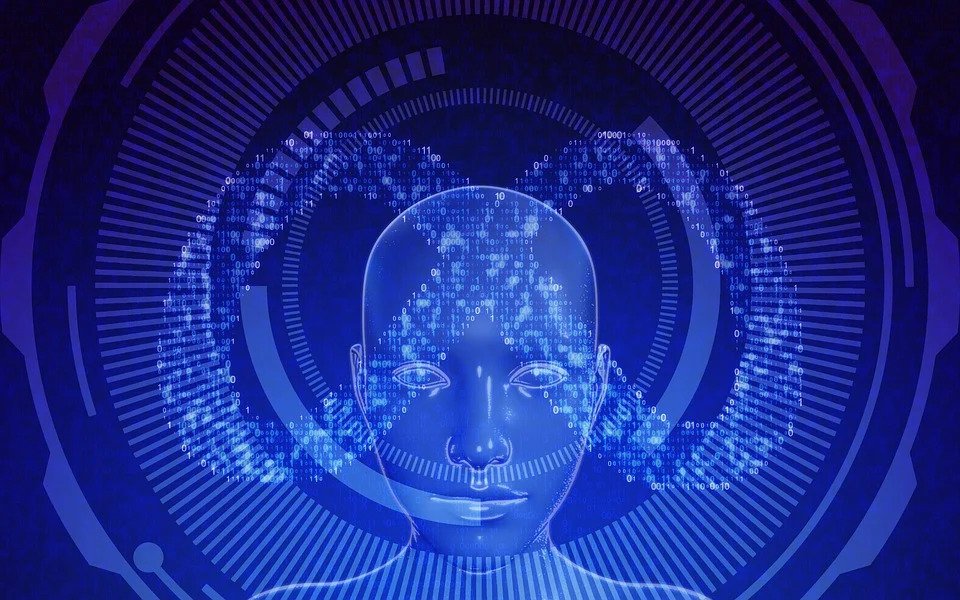Uncategorized
From Scripted to Spontaneous: The Rise of Generative AI in Chatbot Technology
A step-by-step guide to building a ChatBot Conversational AI in Procurement

Evaluation is often the neglected element in learning design, but with a chatbot feeding back data on what works and what doesn’t it becomes a critical stage of the design process. This means training can become more relevant and effective as it’s based on the demonstrable needs of employees rather the notional needs determined by L&D. The chatbot isn’t just delivering learning, it’s also providing information about how people learn and what they need to learn. It will also tell you what information is missing by recording the queries that it couldn’t respond to.

Unsupervised Learning – a machine learning method where the model identifies patterns in unlabelled data and makes inferences for use on future, unseen data. This is useful for looking at raw data and seeing if there are patterns https://www.metadialog.com/ occurring. Big data – an accumulation of a data set so large that it cannot be processed or manipulated by traditional data management tools. It can also refer to the systems and tools developed to manage such large data sets.
UK’s fascinating “AI for Development” vision at UN general assembly
We predict that 20% of customer service will be handled by conversational AI agents in 2022. And Juniper Research forecasts that approximately $12 billion in retail revenue will be driven by conversational AI in 2023. AI, Machine Learning chatbots engage in end to end client requests and provide services without human interaction with multiple consecutive conversations 24 hours a day. I felt that a true linguistic approach to NLP was missing in the industry.
Scot-Secure West The AI Genie is Out of the Bottle – DIGIT.FYI
Scot-Secure West The AI Genie is Out of the Bottle.
Posted: Mon, 18 Sep 2023 09:18:59 GMT [source]
Chatbots are computer-programmed software that enhances the customer experience and responds to client inquiries by utilising machine learning and artificial intelligence. Understanding the differences between these chatbots can help businesses choose the right one for their needs and ensure that their customers have a positive chatbot training data experience. In this blog, we’ll explore the various types of chatbots and what makes each one unique. When shoppers engage with an augmented intelligence bot, the bot asks a question to prompt a user answer. The bot uses artificial intelligence to process the response and detect the specific intent in the user’s input.
Searching for information: a practical guide
Firstly creating a rule based chatbot is quicker and simpler than an AI, Machine Learning chatbot. This is because a rule based chatbots give answers to your client’s questions from a set of predefined rules you create from known scenarios. For example a chatbot will present your firms service options, the client then select which they want. Yes, ChatGPT can be used to form a conversational AI system for customer service or other applications.
Bard Statistics: The AI Chatbot That’s Taking the World by Storm – Market.us Scoop – Market News
Bard Statistics: The AI Chatbot That’s Taking the World by Storm.
Posted: Fri, 15 Sep 2023 06:36:31 GMT [source]
I.e. you want to tie messages together into a conversation threads and identify the participants (user vs agent). Log the conversations during the initial human pilot phase and also during the full implementation. One of the main issues in today’s chatbots generation is that large amounts of training information are required to match the challenges described previously.
How much data was chatbot trained on?
It has 175 billion parameters and receives 10 million queries per day. 10. It was trained on a massive corpus of text data, around 570GB of datasets, including web pages, books, and other sources.




